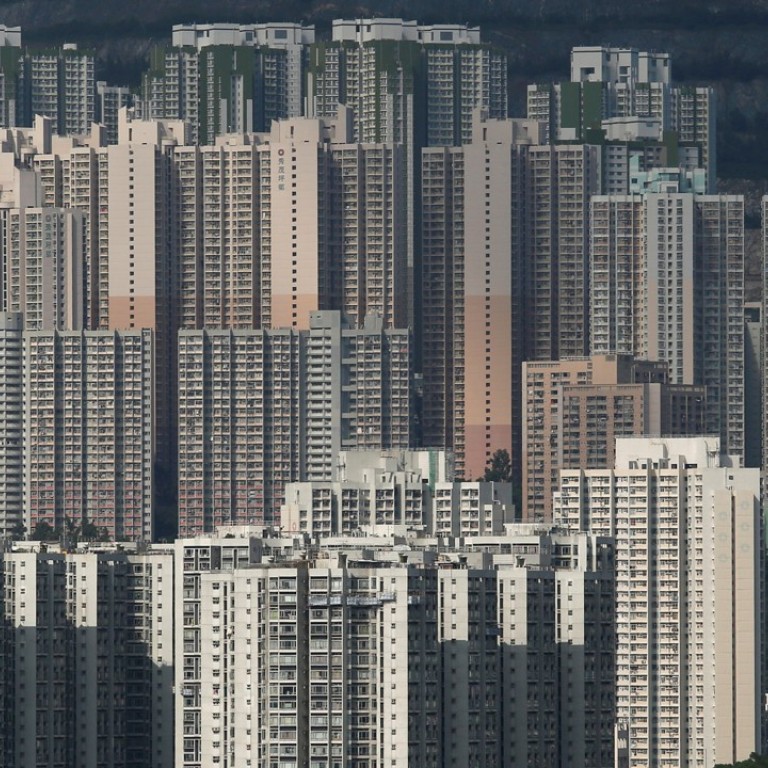
Hong Kong people can find solutions for the mess they created in housing and wealth gap
Hong Kong’s new 30-member Task Force on Land Supply appointed by the government could be a predictable farce in the making, because it will chase the usual ineffective solutions by refusing to confront the true, controversial problems of what ails the city’s housing and property.
The word “Supply” suggests they will not be challenging the demand-side problems. The task force is made up of urban planning professionals and representatives from social housing, environment, economics and politics. It has excluded the big developers, pro-democracy politicians and activists. But, the business establishment is well represented by the Our Hong Kong Foundation. It fails to include dissenting and critical development voices like Paul Zimmerman. The entire public consultation will be biased towards releasing more land into a dysfunctional land policy and development cartel.
In fact, members are already discussing the development of country parks. As the task force’s title suggests, they are far too concentrated on land supply. Instead they should be called and mandated as a “supply and demand” task force. Without addressing how property is developed and sold, they will never have enough flats for locals.
Both public and private flat development desperately need reform at the sales and demand levels. The issue is not technical or land planning, but political.
The first decision this task force must agree upon is whether or not they believe property is a strategic resource necessary for the stability and long term economic development of Hong Kong. Or whether we should stick to the past where land supply is simply raw material for a small number of tycoons to exploit and the government is merely a toll booth.
Here some examples of what the Task Force will most certainly not recommend, that they would call blasphemous for a free market.
- Reform the land premium system.
- Create two property markets where all flats under 1,000 square feet can only be sold to Hong Kong permanent residents (not holding companies). Flats over that size can be sold to anyone.
- Attach strict development conditions to discourage land banking. Disallow the construction of flats smaller than 500 square feet and create sustainable quality standards for construction.
- Improve the financing of flats in the secondary market, relative to new flats to widen access.
- Direct the Hong Kong Monetary Authority to stop developers from lending for flat sales - this is exploitive shadow banking.
Basically, socialise the Hong Kong property development market much like Singapore has done. I have been told Hong Kong bureaucrats cannot countenance such a radical change. But it is not that radical as other countries employ these measures. Anything less is ineffective.
Hong Kong was brought to this economic and social mess by former Chief Executive Donald Tsang and his catastrophic decision to stop the construction of government flats to support property developers after the 1998 Asian Financial Crisis. The decision was made without any transparent study to justify or control its effects.
The next worse decision was Chief Executive CY Leung’s decision to not meet with, and diffuse the Occupy protesters early on, which led to a mass protest and an 89-day sit-in that crippled Hong Kong and empowered a permanent protest movement.
I point this out because the gap in Hong Kong between the rich and poor, and our ridiculous real estate practices, were made by people and can be undone by people.
Peter Guy is a financial writer and a former international banker.

